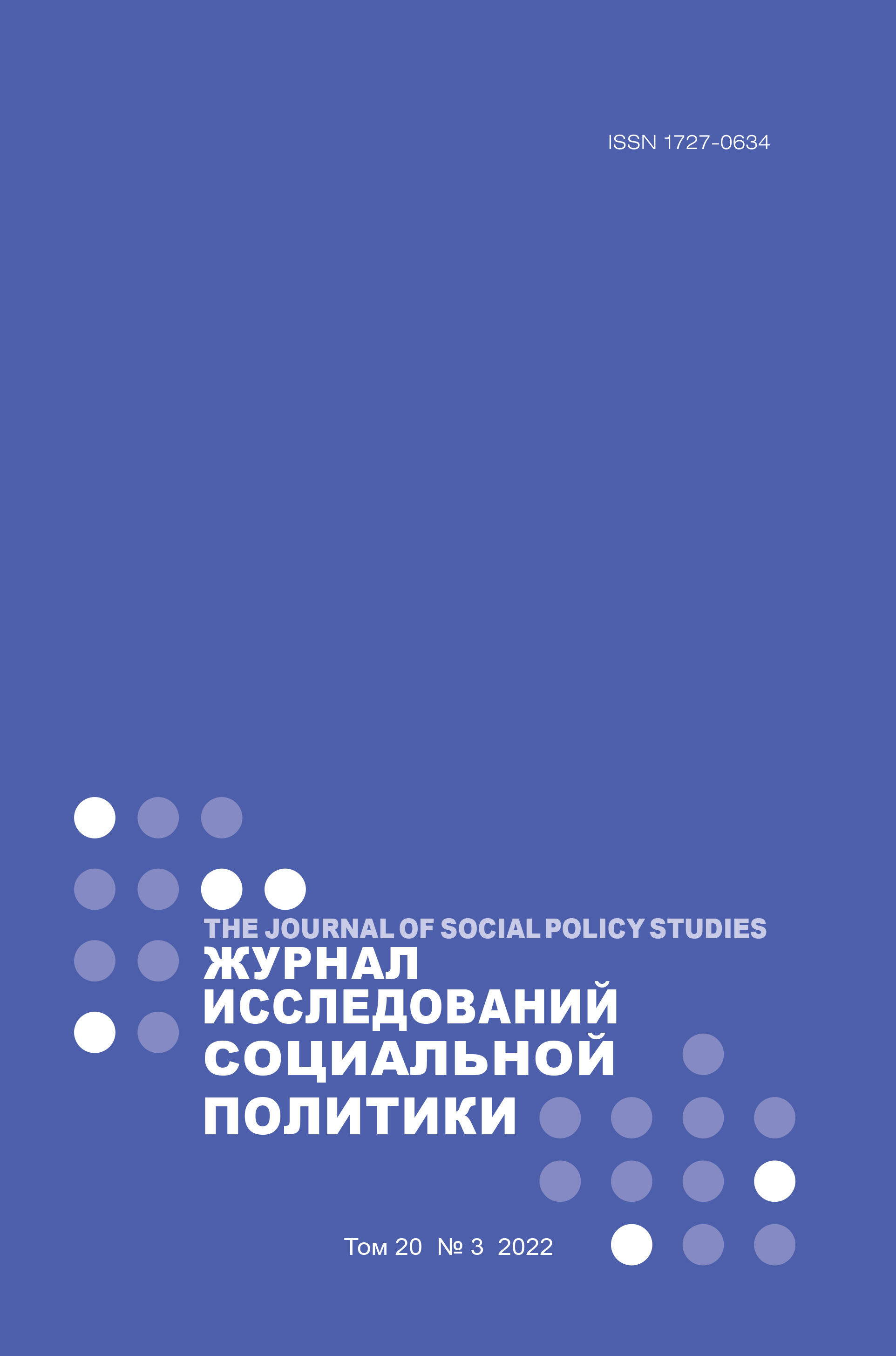Digitalization of Older People’s Volunteering during the Pandemic: Opportunities and Barriers of the Artificial Intelligence
Abstract
The development of volunteering with the onset of the COVID‑19 pandemic became difficult, and in some cases impossible without the use of digital technologies. For some groups digitalization of volunteering was not only an opportunity to participate in volunteer activities, but also an important factor of inclusion in social life on the basis of overcoming isolation created by the pandemic. This article is based on the results of an empirical study conducted among older volunteers in two regions of the Russian Federation, namely the city of St. Petersburg and the Republic of Karelia. It examines the potential and limitations of digital technologies in the implementation of volunteer practices, including in terms of inclusion and social participation of older volunteers during the pandemic. The article considers the role of communication of older people with their devices using artificial intelligence. It appears that the communication creates new types of artificial sociality and volunteer solidarity for older people, where the devices themselves become intermediary actors, structuring and changing the usual practices of volunteer activity and setting special communication contexts within the framework of volunteer practices. Digitalization of volunteer activities of older people during the coronavirus period demonstrates a positive impact on overcoming social exclusion both for the volunteers themselves and their wards. The difficulties of digitalization of volunteer activities include the issues of digital skills and the use of information technologies, infrastructure shortages associated with power outages, and problems of 'digital fatigu.'















